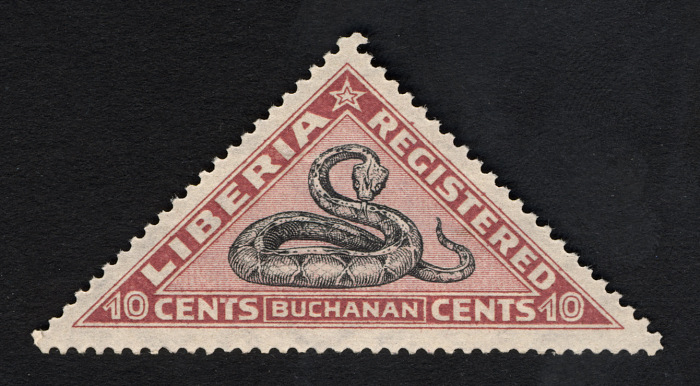Liberia, officially the Republic of Liberia, is a country on the West African coast.
Liberia began in the early 19th century as a project of the American Colonization Society (ACS), which believed black people would face better chances for freedom and prosperity in Africa than in the United States. Between 1822 and the outbreak of the American Civil War in 1861, more than 15,000 freed and free-born people of color who faced social and legal oppression in the U.S., along with 3,198 Afro-Caribbeans, relocated to Liberia. Gradually developing an “Americo-Liberian” identity, the settlers carried their culture and tradition with them; the Liberian constitution and flag were modelled after those of the U.S., while its capital was named after ACS supporter and U.S. President James Monroe. Liberia declared independence on July 26, 1847, which the U.S. did not recognize until February 5, 1862.
Liberia was the first African republic to proclaim its independence, and is Africa’s first and oldest modern republic. It was among the few countries to maintain its sovereignty during the Scramble for Africa. During World War II, Liberia supported the United States war effort against Germany, and in turn received considerable American investment in infrastructure, which aided the country’s wealth and development. Liberia was a founding member of the League of Nations, United Nations, and the Organisation of African Unity.
The Americo-Liberian settlers did not relate well to the indigenous peoples they encountered, especially those living in the more isolated interior. Colonial settlements were raided by the Kru and Grebo from their inland chiefdoms. Americo-Liberians promoted religious organizations to set up missions and schools to educate the native populace. Americo-Liberians formed into a small elite that held disproportionate political power; indigenous Africans were excluded from birthright citizenship in their own land until 1904.
In 1980, political tensions from the rule of William R. Tolbert resulted in a military coup during which Tolbert was killed, marking the end of Americo-Liberian rule in the country and beginning over two decades of political instability. Five years of military rule by the People’s Redemption Council and five years of civilian rule by the National Democratic Party of Liberia were followed by the First and Second Liberian Civil Wars. A peace agreement in 2003 led to democratic elections in 2005.
Articles
- Big Blue 1840-1940: Liberia 1860-1914
- Big Blue 1840-1940: Liberia 1915-1940
- Stamp Forgeries: Forged Stamps of Liberia
Blogs
Forums
- Liberia Philatelic – @LiberiaStamps
Websites








